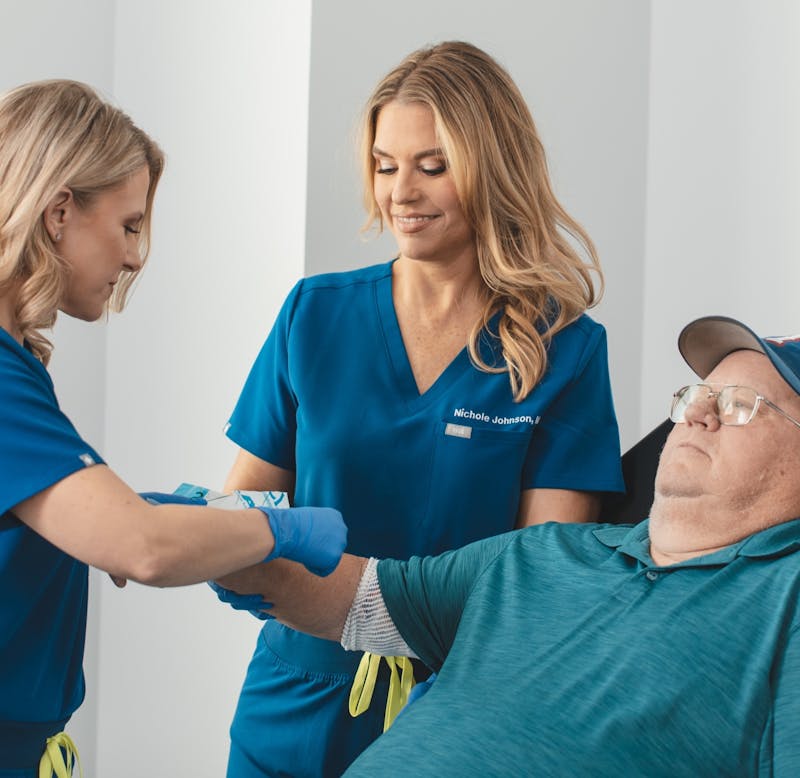
At some point in life, most people experience some type of burn. Whether it’s from contact with a hot curling iron or a sizzling barbecue, these minor burns can cause serious pain. In such situations, many resort to running cold water on burn or applying an ice pack before carrying on with their day. When it comes to more serious burns, however, few people know what to do.
Before anything, it's a good idea to understand the severity of the injury and whether it's a minor burn (one that doesn’t require medical attention) or a major burn (a medical emergency). Once these factors have been determined, the treatment protocol is straightforward.
Minor burns
If the skin is unbroken:
- Run cool (not cold) water over the burn for about five minutes, using a clean damp towel or submerging it into a bath.
- Apply aloe vera or a moisturizing lotion once the skin has cooled down.
- Cover the burn with a dry cotton pressing and keep it protected from any form of contact.
- Take ibuprofen or acetaminophen to ward off any painful sensations.
- Revaccinate for tetanus, as even small burns can lead to this dangerous infection.
While minor burns usually heal without advanced treatment, burns that last for more than 2 weeks or result in other symptoms should be responded to with a doctor or ER visit.
Major burns
Simply put, major burns are cause for alarm. They require immediate medical treatment at a hospital or burn center. In cases where the victim cannot be safely driven to a hospital, calling 911 is recommended.
- Performing a stop, drop and roll is essential to putting out an active fire on your clothes or body. People that have received electrical burns should not be touched. Use a nonmetallic object to move the victim away from exposed wires.
- Check to see that they are breathing and, if needed, perform CPR.
- Check if they are exhibiting signs of shock.
- Wrap the burn area in a thick, dry cotton cloth to protect it from friction; if the burn area is too large, use a clean sheet.
- Raise the burned body part above heart level to prevent swelling and pain.
Things to avoid in the event of a major burn
- Never use ice or even very cold water. While it might seem counterintuitive, applying cold water or ice to severe burns can further damage the tissue. The only exception to this is in the event that someone is on fire, and the only way to put them out is to throw water on them.
- Butter, ointments, and sprays should also never be used. These substances can cause infections and will have to be taken off by the ER doctor, making it more difficult to treat the wound.
- Don't try to remove clothing that is stuck to the skin or peel off damaged skin. This can cause even more damage and expose the wounds to infection.
- If there is an airway burn, don’t give the person anything by mouth, and don’t place a pillow under their head. These can cause an airway obstruction.
What is the takeaway?
All burns, except incredibly minor ones, should be taken seriously. Getting to the ER or a burn center quickly can make a world of difference for burn victims. Always take precautions when working with fire, electrical cables, or any objects that can cause burns.

